Frequently Asked Questions (FAQs)
We have grouped these questions under various headings to help you find the information you are looking for. If you can’t find an answer here, please send us your question and we will answer directly – and may even add your question to this page!
General Questions
Invisible
What is a Dark Sky Community
An area recognised by the International Dark-Sky Association (IDA) when standards for levels of light pollution are met.
Why do we want to be one?
Our night sky is currently one of the least ‘light polluted’ in New Zealand, and we need to keep it that way. It’s a treasure we all take for granted but is in real danger of being spoiled.
Are there any benefits of being a Dark Sky Community?
Absolutely – there are economic, environmental and health benefits. You can find more details on the benefits here.
What area will the Dark Sky Community cover?
The map for the intial area is shown below – basically it includes the communities of Kūaotunu, Ōpito and Matapaua Bays, Ōtama and Ring’s Beach. Once we have the initial area accredited we will explore oppportunities to extend it
Questions about lighting
Invisible
Will we have to dim our lights?
No! Almost all the lighting in our area already meets the standards. There may be a few changes needed to some external lights (such as making them point downwards) but there will be a ten year transition period.
What changes will be needed?
For homeowners, some external lighting may need to be modified – but only if it is too bright, too blue or shines upwards. It is easy toi decide yourself if you may need to make any changes, or one of our project team can help. And dont forget, you have TEN YEARS to make any minor changes that may be needed.
What about internal home lights?
No change will be needed to your internal lights – although adopting over time some of the best practices suggested will save you money and improve your well-being
What about streetlights?
There aren’t many streetlights in the area proposed, but we will be working with TCDC to make sure that the few there are comply with standards. That mantra of “not too bright, not too blue and not shining up” again! The changes are straightforward and sensible, and hopefully will save money over time – and improve the night time environment for us, wildlife and insects
